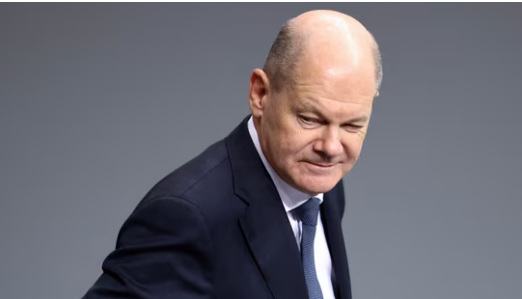German Chancellor Olaf Scholz lost a no-confidence vote in parliament on Monday, triggering fresh elections set for February 23, 2024. Scholz’s three-party coalition disintegrated after the Free Democrats (FDP) withdrew over a dispute on fiscal policy, leaving his Social Democrats (SPD) and the Greens without a majority during one of Germany’s worst economic crises in recent years.
The Bundestag accepted Scholz’s invitation to withdraw confidence in his government, paving the way for President Frank-Walter Steinmeier to dissolve parliament and call for early elections, as mandated by Germany’s constitutional safeguards against political instability.
The collapse of the coalition has opened the gates for fierce campaigning, with conservative leader Friedrich Merz emerging as Scholz’s primary rival. Opinion polls show the conservatives holding a comfortable lead over the SPD, while the far-right Alternative for Germany (AfD) has surpassed Scholz’s party in popularity.
Scholz defended his tenure, citing his leadership during crises, including the economic fallout of Russia’s invasion of Ukraine. He promised to prioritise infrastructure investment over austerity measures if re-elected. “Shortsightedness might save money now, but it mortgages our future,” Scholz argued.
Merz countered by criticising Scholz’s fiscal policies, accusing him of burdening future generations with debt while failing to improve competitiveness. He also rejected Green proposals for energy price cuts, emphasising the need for a “comprehensive energy overhaul.”
Germany’s political landscape is more fragmented than ever, with mainstream parties excluding the possibility of alliances with the far-right AfD. This could lead to complex coalitions, as Green leader Robert Habeck warned, “The next government will face no fewer challenges than this one.”
Scholz will lead a caretaker government until a new administration is formed. Meanwhile, proposals such as tax cuts, child benefit increases, and subsidised transport tickets could still pass with bipartisan support before elections.








 India
India












